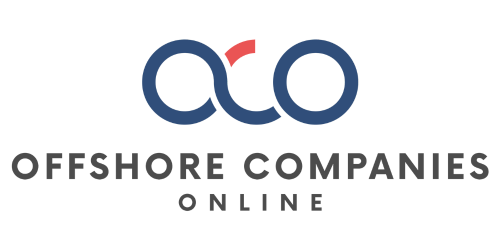In recent years, there has been a discernible shift in the dynamics of global finance, prompting individuals and businesses to explore offshore asset management as a means of diversification and risk mitigation. Concurrently, there’s a growing perception that America’s dominance in certain economic spheres is facing challenges. In this article, we examine the motivations behind moving assets offshore, explore the changing economic landscape of the United States, and consider the implications for international investors.
The Drive to Move Assets Offshore
- Diversification: Investors recognize the importance of diversifying their portfolios to mitigate risks associated with geopolitical uncertainties, economic downturns, and currency fluctuations. Offshore asset management offers access to diverse investment opportunities across global markets, reducing exposure to any single jurisdiction or asset class.
- Asset Protection: Offshore jurisdictions often provide robust legal frameworks and confidentiality provisions, shielding assets from potential legal liabilities, creditor claims, and political instability. By holding assets offshore, individuals and businesses safeguard their wealth and ensure continuity of financial operations in adverse circumstances.
- Tax Optimization: Offshore jurisdictions may offer favorable tax regimes, including low or zero corporate income tax rates, capital gains tax exemptions, and tax-efficient investment structures. By strategically allocating assets offshore, investors can optimize their tax positions and enhance after-tax returns on investment.
America’s Evolving Economic Landscape
- Economic Challenges: The United States faces a myriad of economic challenges, including mounting public debt, sluggish economic growth, and widening income inequality. These challenges, compounded by geopolitical tensions and regulatory uncertainties, contribute to a sense of apprehension among investors regarding the long-term sustainability of America’s economic hegemony.
- Political Instability: Political polarization and policy gridlock have led to uncertainties surrounding fiscal policies, regulatory frameworks, and trade relations, creating an environment of volatility and unpredictability that may deter investors and businesses from fully committing to the American market.
- Technological Disruption: The rapid pace of technological innovation is reshaping industries and disrupting traditional business models, posing challenges to established economic paradigms and incumbent players. America’s ability to adapt and harness technological advancements will be instrumental in maintaining its competitive edge in the global marketplace.
Implications for International Investors
- Diversification Imperative: International investors recognize the importance of diversifying their holdings beyond American markets to mitigate risks associated with domestic economic fluctuations and policy uncertainties.
- Strategic Asset Allocation: Investors are increasingly allocating a portion of their portfolios to offshore assets, including international equities, real estate, and alternative investments, to capitalize on global growth opportunities and enhance portfolio resilience.
- Navigating Regulatory Compliance: International investors must navigate complex regulatory landscapes and compliance requirements when moving assets offshore, ensuring adherence to anti-money laundering (AML), know-your-customer (KYC), and tax reporting obligations in both domestic and offshore jurisdictions.
Offshore Companies Online serves as a comprehensive platform for individuals and businesses seeking to establish and manage offshore entities in jurisdictions with favorable regulatory frameworks and tax advantages. Key services provided by Offshore Companies Online include:
- Company Formation: The platform streamlines the process of establishing offshore companies, guiding clients through the necessary documentation, regulatory requirements, and compliance protocols associated with offshore incorporation.
- Corporate Structuring: Offshore Companies Online offers flexibility in structuring offshore entities, providing a range of corporate structures tailored to specific business objectives, including limited liability companies (LLCs), international business corporations (IBCs).
- Asset Protection Strategies: Leveraging the legal frameworks of offshore jurisdictions, Offshore Companies Online assists clients in implementing robust asset protection strategies, shielding wealth from potential legal liabilities, creditor claims, and political uncertainties.
- Tax Optimization Solutions: Through strategic tax planning and jurisdictional advantages, Offshore Companies Online enables clients to optimize their tax positions, minimize tax liabilities, and enhance overall financial efficiency within the parameters of international tax laws.
- Offshore Banking: Offshore Companies Online extends its services to include offshore banking solutions, enabling clients to establish offshore bank accounts in jurisdictions renowned for their financial stability, confidentiality, and regulatory efficiency.
As America grapples with evolving economic realities and geopolitical uncertainties, the allure of offshore asset management becomes increasingly compelling for international investors seeking diversification, asset protection, and tax optimization. By strategically diversifying their portfolios across global markets and embracing offshore investment opportunities, investors can mitigate risks, capitalize on emerging trends, and position themselves for long-term financial success in an ever-changing economic landscape. With the support of Offshore Companies Online, investors can navigate the complexities of offshore asset management with confidence and prudence, leveraging the platform’s expertise and innovative solutions to achieve their financial objectives in a rapidly evolving global economy.



